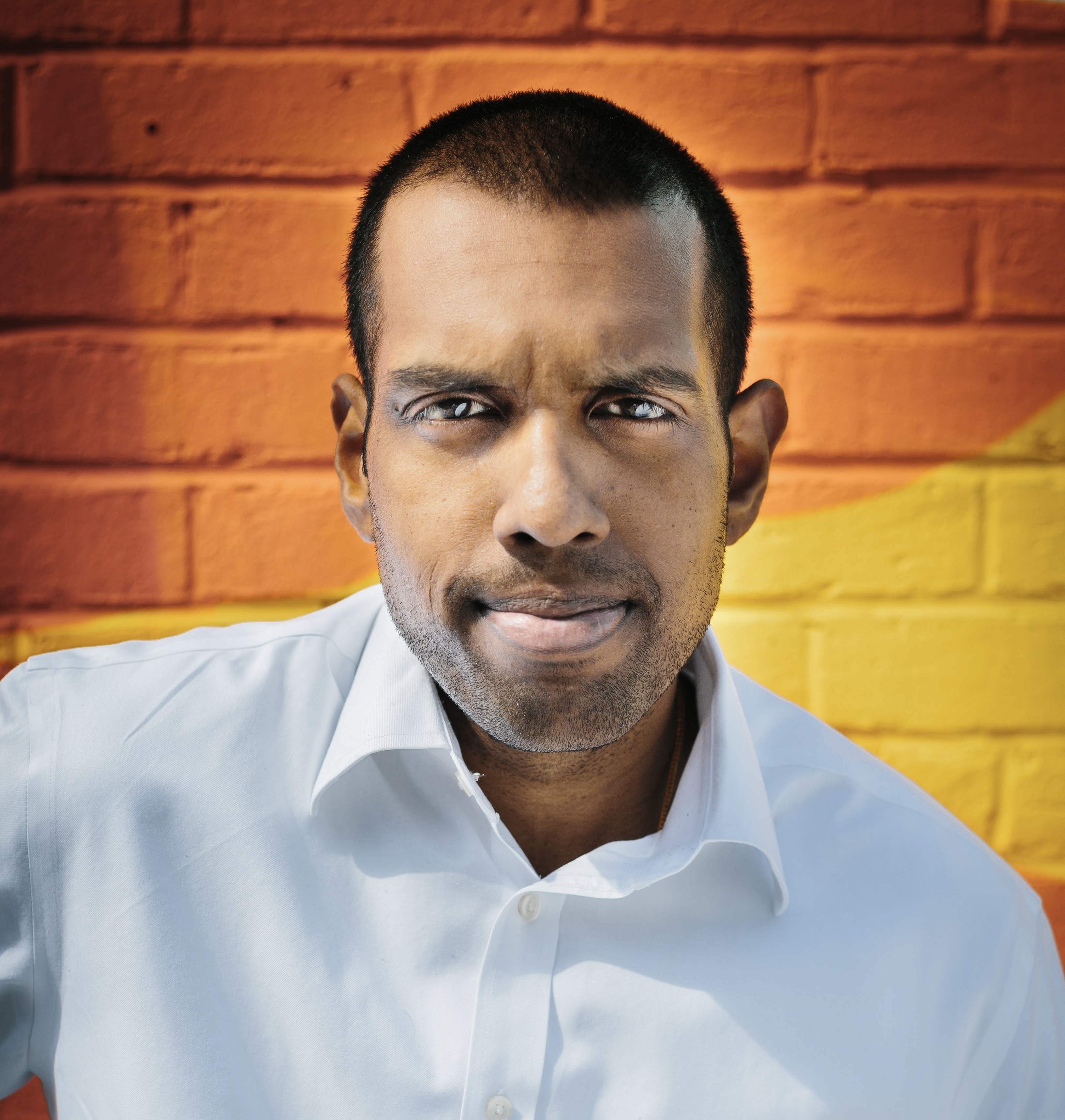With Diverse Communities Comes Diverse Finance: Why We Need to Build More Inclusive Wealth and Investment Services

- Karan Shanmugarajah, CEO at WealthKernel
- 29.07.2022 09:00 am #wealthmanagement #wealthtech
Over recent years, we have seen the popularity of digital wealth and investment services proliferate as more individuals have begun investing and seeking to grow their wealth. Last year, for example, the buzz from the GameStop short-squeeze saw amateur investors of varying abilities buy and sell stock via apps such as Freetrade and Robinhood. Meanwhile, robo advisers and new fintechs have made it easier for people to invest and grow their money. As engagement of these services grows, to ensure the sustainability of their proposition, it will be vital to consider how they cater to individuals of varying and more diverse backgrounds. With wealth gaps still existing within ethnic communities across the country, technology may help fintechs build more inclusive wealth creation platforms.
Diverse communities vary in wealth and invest differently
It’s first of all important to understand the context of diverse wealth, and how these communities engage with wealth creation. The Colour of Money report by Runnymede Trust, for example, highlighted that Black, Asian, and Minority Ethnic communities have significantly lower savings or assets than White British communities. For instance, with every £1 of White British wealth, Black African and Bangladeshi households have around 10p. With this in mind, individuals in this category may likely be more cautious about how and where they invest their money - with generally less to invest.
Furthermore, earlier this year, Backlight’s ‘Black Pound’ report revealed that Black, Asian and multi-ethnic people choose financial products differently from white consumers, including using multiple services and prioritising financial and pensions planning. On average, individuals from minority ethnic backgrounds pay £268m into pensions each month and have a disposable income of £375m. Disparities also exist within ethnic minority communities - only 8% of black pensioner families obtained income from a personal pension.
When building modern wealth and investment services, it's vital to understand that a one-size-fits-all approach won't be suitable for all investors. Building inclusive products should account for all aspects of one's background to ensure these products are more accessible for all.
Technology could be the solution
One of the main barriers to investment for minority ethnic communities can be rooted in the remnants of the legacy industry, which has typically catered to people with significant funds to invest.
However, technology is already helping to improve this and breaking down entry barriers to wealth. API-driven infrastructure, for example, is enabling fintechs and businesses to disrupt the traditional wealth industry, allowing firms to launch more cost-effective services and drive down investment fees for the everyday investor. By outsourcing investment infrastructure, businesses launching wealth products can now focus on the important things - such as improving their customer experience, and deeply understanding their audiences.
As we continue to tackle the growing wealth gaps in our society, the importance of technology will undeniably play an important role moving forward - and some fintechs are already taking the initiative. WealthKernel is working with a number of inspiring fintechs that have built their proposition around supporting diverse investors. Wealth8 , for example, is helping open access to wealth services for black and multi-ethnic communities. At the same time, Wahed Invest has built an investment platform catering to its customers' cultural and religious needs - offering a Sharia-compliant ethical investing portfolio. Recently, we also partnered with female-first fintech, Alpher, which is working to build an investment service to close the female wealth gap in the UK.
Overall, technology is helping democratise access to wealth and investment services and enabling fintechs to tap into underserved markets. As the engagement with wealth and investment services increases, financial providers must diversify their offerings and ensure the utmost sensitivity to diverse communities' cultural and religious needs.





















